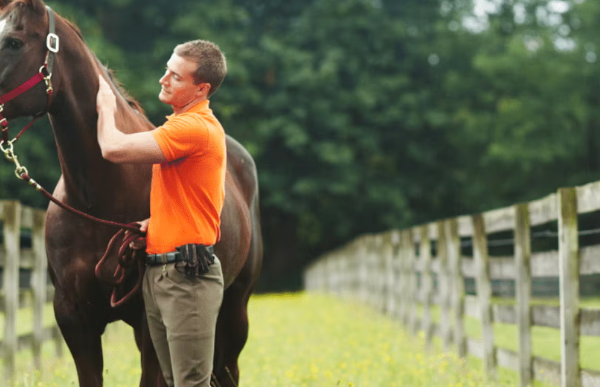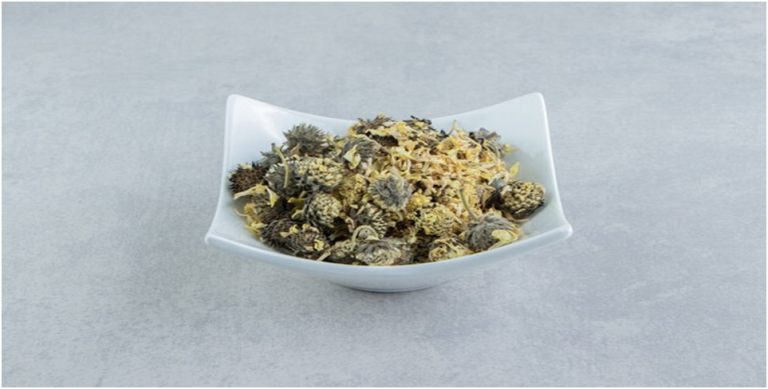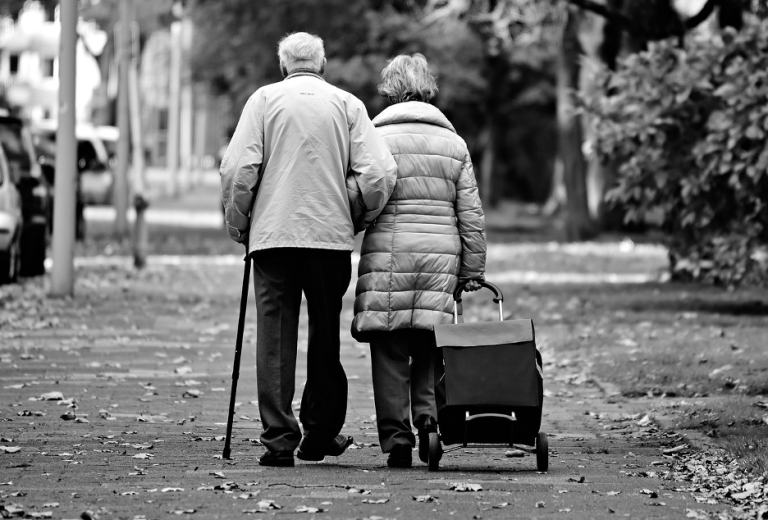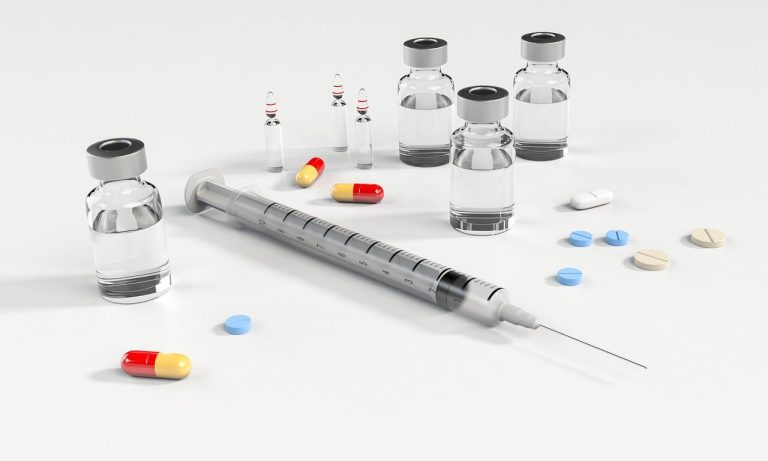Introduction:
Owning and caring for horses is a rewarding experience, but it also comes with responsibilities. As a horse owner, you are responsible for ensuring the well-being and safety of your equine companions. Accidents and emergencies can happen at any time, and being prepared with essential equine first aid skills can make a significant difference in the outcome. Whether you’re an experienced horse owner or a newcomer to the world of equestrian activities, having a solid understanding of basic first aid techniques is crucial. In this comprehensive guide, we’ll explore the fundamental equine first aid skills that every horse owner should master, empowering you to handle emergencies with confidence and provide immediate care until professional veterinary assistance arrives.
The Importance of Equine First Aid Knowledge
Horses are large, powerful animals, and even minor injuries or illnesses can quickly escalate into serious situations if not addressed promptly. By equipping yourself with equine first aid knowledge, you’ll be prepared to respond effectively in the event of an emergency, potentially saving your horse’s life or preventing further complications. Furthermore, having these skills can also help you identify early signs of distress or illness, allowing for timely intervention and treatment.
Horse Training Classes: A Foundation for Safety
One of the best ways to develop a solid understanding of equine first aid is by participating in horse training classes. These classes not only teach you how to properly handle and interact with horses but also cover essential safety protocols and basic first aid techniques. Whether you’re a beginner or an experienced horse owner, attending
horse training classes can reinforce your knowledge and introduce you to new methods of caring for your equine companions.
Essential Equine First Aid Skills
Wound Management
Horses are prone to various types of wounds, from cuts and abrasions to puncture wounds and lacerations. Knowing how to properly clean, dress, and manage wounds is a crucial equine first aid skill. Here’s what you should know:
- Controlling Bleeding: Apply firm pressure to the wound using clean, absorbent material. If the bleeding persists, seek immediate veterinary attention.
- Cleaning the Wound: Use sterile saline solution or a mild antiseptic solution to gently clean the wound, removing any debris or foreign objects.
- Dressing the Wound: Apply a sterile, non-stick dressing to protect the wound and prevent further contamination.
- Monitoring for Signs of Infection: Keep an eye out for signs of infection, such as swelling, heat, redness, or discharge, and seek veterinary assistance if any of these symptoms arise.
Bandaging Techniques
Proper bandaging is essential for protecting wounds, supporting limbs, and immobilizing injuries. Understanding the correct techniques for applying different types of bandages can significantly improve the outcome of an injury. Here are some key bandaging skills to master:
- Stable Bandages: Used to protect and support injured legs or hooves.
- Pressure Bandages: Applied to control bleeding or prevent swelling.
- Compression Bandages: Used to provide support and reduce inflammation.
- Padding and Splinting: Techniques for immobilizing fractures or sprains until veterinary care is available.
Online Equine Massage Courses
In addition to first aid skills, equine massage courses can provide valuable knowledge and techniques for promoting your horse’s overall well-being. These online courses teach you how to properly massage and stretch your horse, which can aid in recovery from injuries, improve circulation, and reduce muscle tension. By incorporating equine massage into your horse’s care routine, you can help prevent potential issues and enhance their overall health and performance.
Equine First Aid Course: A Comprehensive Approach
While hands-on experience and guidance from experienced horse owners are invaluable, enrolling in an equine first aid course can provide you with a comprehensive and structured education. These courses cover a wide range of topics, including:
- Basic Anatomy and Physiology
- Identifying Signs of Illness or Distress
- Assessing and Stabilizing Injuries
- Administering First Aid
- Emergency Preparedness and Transportation
- Equine CPR and Resuscitation Techniques
By completing an equine first aid course, you’ll gain the knowledge and confidence to handle various emergency situations, from minor injuries to life-threatening conditions. Additionally, many equine facilities and organizations require horse owners or caretakers to have a valid equine first aid certification, making these courses a valuable investment for your equestrian journey.
Equine Nutrition Courses
Proper nutrition is essential for maintaining your horse’s overall health and well-being. Equine nutrition courses provide valuable insights into the dietary requirements of horses, including the correct balance of nutrients, feeding schedules, and the impact of different feed types on their performance and condition. By understanding equine nutrition, you can ensure that your horse receives the proper nourishment, which can help prevent health issues and support their recovery from injuries or illnesses.
Conclusion
As a responsible horse owner, mastering essential equine first aid skills is not just a recommendation – it’s a necessity. With the knowledge and techniques acquired through horse training classes, online equine massage courses, equine first aid courses, and equine nutrition courses, you’ll be better equipped to handle emergencies and provide the best possible care for your equine companions. Remember, being prepared and acting quickly can make all the difference in an emergency situation, potentially saving your horse’s life or preventing further complications. Invest in your equine first aid education and embrace the responsibility of being a knowledgeable and proactive horse owner.







